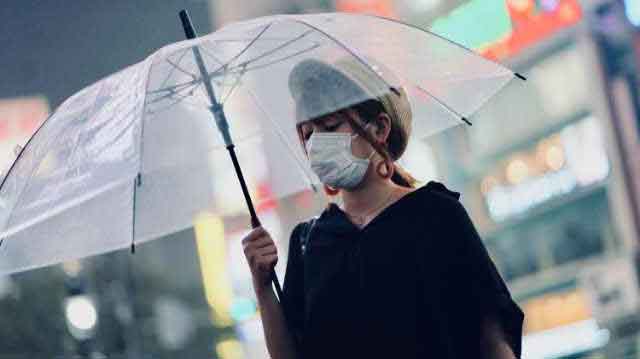Latest information about China’s Coronavirus
Table of Contents
China’s Coronavirus: Latest Information
The FCO (Foreign Office) is advising against all but essential travel to mainland China amid the ongoing coronavirus outbreak.
This current advice excludes travel to Hong Kong and Macao.
What is the virus?
The latest viral outbreak in China, has, as of 27 January 2020, killed at least 81 people and infected around 3,000. It is believed that the flu-like symptoms have spread to as many as 10 countries outside of China.
Stemming from the city of Wuhan, and more specifically from its seafood and animal market, the theory is that the virus likely originated from snakes.
As a new strain of coronavirus, there is, as yet, no antidote. At present, isolation of anyone showing flu-like symptoms is the only deterrent to halt its spread – along with precautionary measures, such as mask-wearing and hand washing.
The big concern that has recently come to light is that the disease is infectious – can be passed from human to human – before symptoms show themselves.
Should we travel to China?
Official advice as of 7 pm on 28th January 2020:
The following was taken from the FCO website today:
The Foreign and Commonwealth Office (FCO) advise against all travel to Hubei Province due to the ongoing novel coronavirus outbreak. If you’re in this area and able to leave, you should do so.
The FCO advise against all but essential travel to the rest of mainland China (not including Hong Kong and Macao).
The city of Wuhan, along with 12 other nearby cities in the Hubai Province, is now in ‘lockdown’ with all transport links in and out suspended.
Which areas of the world are affected by China’s coronavirus?
While there have been at least 44 confirmed cases outside China, including in Australia, the USA, Thailand, Japan, Vietnam and France, these have been contained, causing no reason for concern for travellers.

What if you have already booked travel to China?
The situation remains fluid, but given the FCO has now advised against all but essential travel. Therefore, if you have travel booked you can expect to have these plans cancelled with immediate effect and a full refund given.
Tour operators and airlines will make arrangements for rebooking of travel, cancellations and refunds on a priority basis, meaning they will deal with the most imminent departures first. If you are due to travel in the future these arrangements may not be automatically cancelled as the operators wait to see if the situation changes.
Should you have travel plans to China, please contact the Travel Consultant or Tour Operator you booked through and they will explain the procedures for refunds and rebooking travel.
If your travels go ahead, what precautions should you have in place?
Ensure you have all the recommended vaccinations. This way, if you start to feel sick, your doctor can rule out any illnesses eradicated by the vaccinations.
Avoid contact with sick people and with animals, dead or alive. This means no visits to “wet markets” — Asian markets that sell meat, fish, produce and other perishables — or farms.
Make sure all your food, including eggs and meat, are fully cooked. Wash your hands frequently and thoroughly and regularly apply alcohol-based hand sanitizer.
You should wear a medical mask in crowded areas, such as train and bus stations and airports. It’s a good idea to purchase these before you travel as they may be in short supply at your destination.
Content provided by Lorraine Robinson, at Not Just Travel.
https://lorrainerobinson.notjusttravel.com/
https://www.facebook.com/Notjusttravellorrainerobinson/
07989 740524
For more news visit: https://aroundsaddleworth.co.uk/











